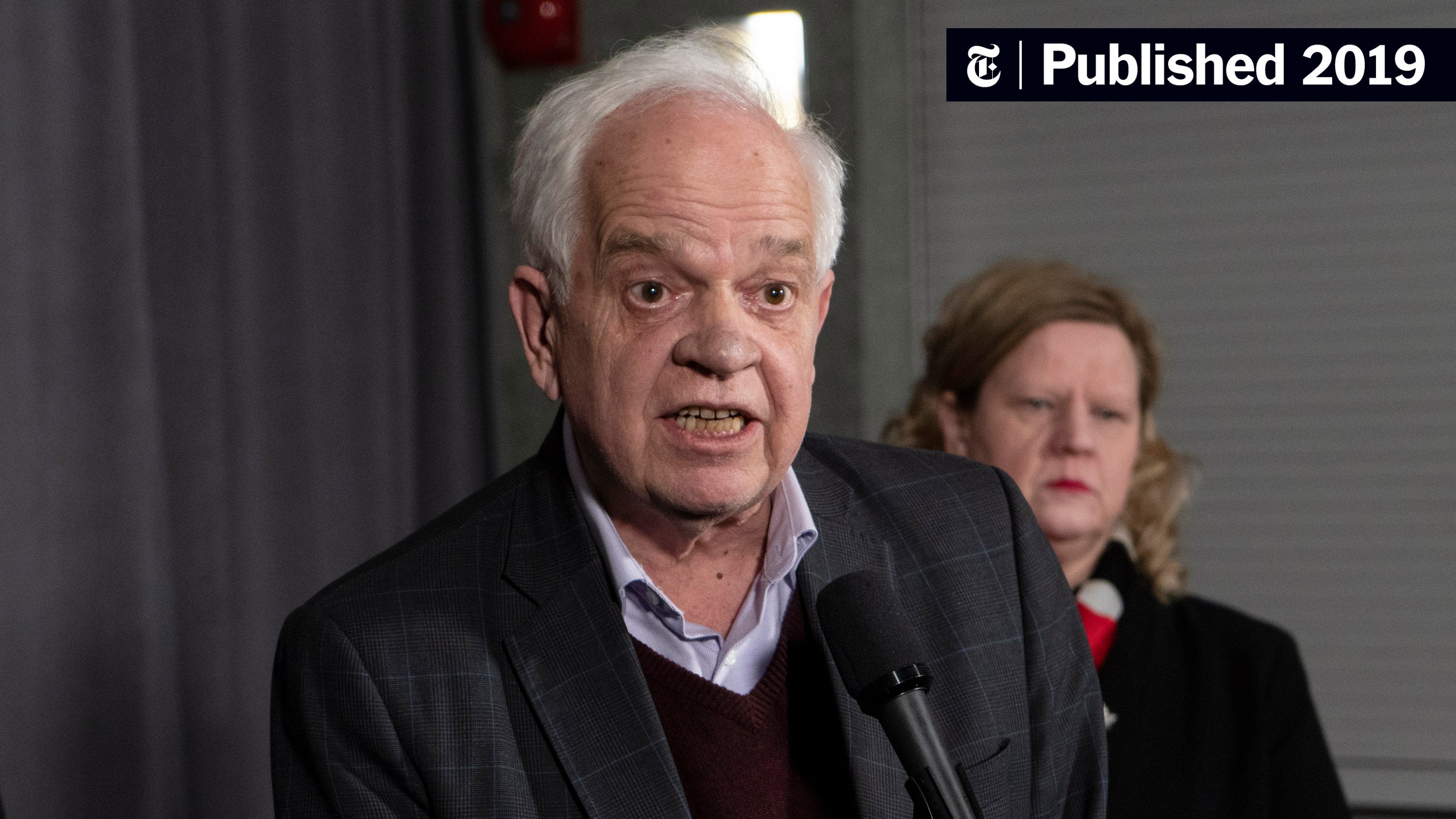School Lockdown Effectiveness In Florida: A Generational Analysis

Background: Florida, like many states, has seen significant changes in school safety protocols following numerous tragic events. Legislation has been enacted, mandating active shooter drills and enhancing security measures. However, the impact of these measures on different generations requires closer examination. This article aims to analyze the effectiveness of these protocols, considering the unique perspectives and experiences of various age groups within the school community.
1. Generational Differences in Lockdown Preparedness:
The Boomer Generation (Educators):
Many educators from the Boomer generation entered the profession before active shooter drills became commonplace. Their preparedness often relied on less extensive training and older communication methods.
- Lack of extensive active shooter training: Early career training primarily focused on fire drills and other less severe emergencies.
- Reliance on older communication methods: Communication during emergencies may have relied heavily on outdated systems, potentially slowing down response times.
- Differing perceptions of threat levels: The threat landscape has dramatically changed since the Boomer generation began their careers. Adapting to the heightened threat of active shooters has been a significant challenge. This impacts preparedness and response.
Generation X (Educators & Older Students):
Generation X witnessed a gradual increase in awareness of active shooter threats. They participated in more frequent drills and adapted to evolving safety protocols. However, this increased exposure also brought potential challenges.
- Increased awareness of active shooter threats: Growing up in a time of increased school violence heightened their awareness, shaping their approach to safety protocols.
- Involvement in more frequent drills: Participation in more drills offered more practice, but also could lead to potential drill fatigue and decreased effectiveness.
- Differing levels of anxiety or trauma: The repeated exposure to drills and the underlying fear of active shooter events could lead to varying degrees of anxiety and trauma.
Millennials and Gen Z (Students & Educators):
Millennials and Gen Z have grown up with the ever-present reality of school lockdowns. This constant exposure has significant implications for their mental health and educational outcomes.
- Increased anxiety and trauma related to lockdowns: The frequency of drills and the fear of actual events have contributed to heightened anxiety and potential trauma among students and staff.
- Potential for desensitization: The constant exposure to drills might lead to a paradoxical desensitization, potentially compromising effective responses during real events.
- Impact on learning environment: The disruption caused by lockdowns negatively impacts the learning environment and creates a climate of fear and uncertainty.
- Digital communication in lockdowns: The reliance on digital communication during lockdowns, while beneficial, can also present challenges related to access, reliability, and potential communication breakdowns.
2. Effectiveness of Lockdown Procedures in Florida Schools:
Strengths of Current Protocols:
Florida's school lockdown procedures have some positive aspects.
- Clear communication systems (in many districts): Improved communication protocols facilitate faster dissemination of information during emergencies.
- Regular drills: Regular drills enhance preparedness and help students and staff know how to react.
- Improved security measures: Enhanced security measures, such as controlled access points and surveillance systems, improve overall safety.
- Collaboration between law enforcement and schools: Effective collaboration streamlines emergency response and maximizes safety.
Weaknesses and Areas for Improvement:
Despite the strengths, areas for improvement exist within Florida's school lockdown protocols.
- Lack of standardized protocols across all districts: Inconsistency in protocols creates confusion and diminishes effectiveness.
- Insufficient mental health support for students and staff post-lockdown: The psychological impact of lockdowns often goes unaddressed. More robust mental health support is crucial.
- Communication breakdowns: Despite improvements, communication breakdowns still occur, highlighting the need for more robust systems.
- Inadequate training: Regular, comprehensive, and scenario-based training is needed for all staff, including non-teaching staff.
- Insufficient funding: Adequate funding is critical for implementing and maintaining effective safety measures and supporting mental health initiatives.
3. Data and Statistics on Lockdown Effectiveness in Florida:
Comprehensive data on lockdown effectiveness in Florida is limited. Further research is needed to accurately quantify the frequency, duration, and outcomes of lockdowns. Available data should include:
- Frequency and duration of lockdowns in different school districts.
- Reports of incidents during lockdowns.
- Student and staff surveys assessing anxiety and trauma levels related to lockdowns.
- Analysis of emergency response times and effectiveness.
Data from credible sources, such as the Florida Department of Education and independent research institutions, will be crucial in comprehensively evaluating school lockdown effectiveness.
Conclusion:
This analysis reveals that the effectiveness of school lockdowns in Florida is complex and multifaceted. Generational differences in experiences and preparedness significantly impact response and recovery. While current protocols have strengths, significant weaknesses remain, particularly in mental health support and consistent implementation. Improving School Lockdown Effectiveness in Florida requires a multi-pronged approach: standardizing protocols across districts, bolstering mental health services, enhancing training, and securing adequate funding. We need to move beyond simply reacting to emergencies and focus on proactive strategies to prevent school violence and create truly safe learning environments for all generations. Contact your local representatives and support organizations dedicated to school safety to advocate for change. Let's work together to improve school lockdown effectiveness in Florida and ensure the safety and well-being of our students and staff.

 Melania Trump And Donald Trump A Look At Their Relationship And The Us First Ladys Position
Melania Trump And Donald Trump A Look At Their Relationship And The Us First Ladys Position
 Granit Xhaka Dominimi I Mesfushes Ne Bundeslige
Granit Xhaka Dominimi I Mesfushes Ne Bundeslige
 Yankees Vs Mariners Game Prediction Expert Picks And Betting Odds
Yankees Vs Mariners Game Prediction Expert Picks And Betting Odds
 Brunson Injury A Turning Point For The New York Knicks
Brunson Injury A Turning Point For The New York Knicks
 Ambassadors Remarks Suggest Potential For Formal China Canada Trade Agreement
Ambassadors Remarks Suggest Potential For Formal China Canada Trade Agreement
